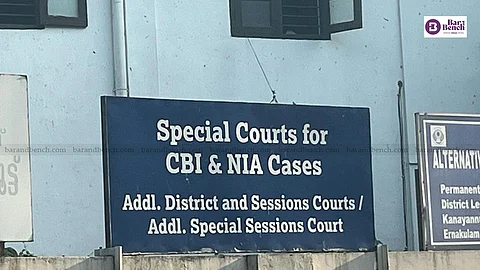The Supreme Court on Friday frowned upon the failure by the government authorities to establish more special courts to try persons charged with terror related offences under the National Investigation Agency Act (NIA Act) [Kailash Ramchandani v. State of Maharashtra].

